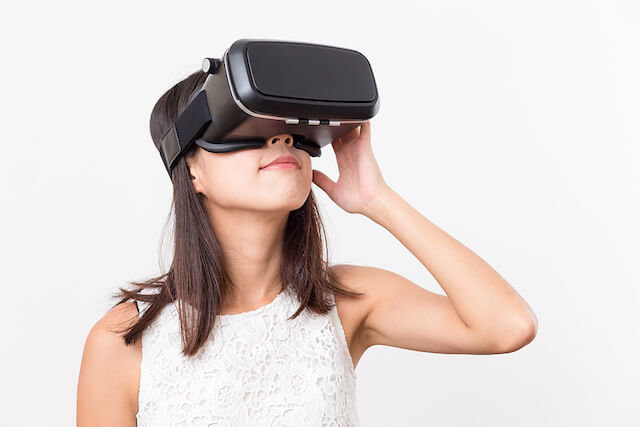
Virtual travel is not something new. Airlines and travel agencies have worked closely with virtual reality companies for years, using VR technology to help market tourist spots and bring potential destinations to interested customers.
However, while many were hesitant to use VR in the past, the current situation has presented most customers with an opportunity to try it out. The result has seen virtual reality gaining a huge popularity boost overall.
While virtual reality has become more popular than ever, lingering concerns remain about whether or not virtual travel is going to stay even after the situation improves.
Is virtual travel here to stay?
Most tourists travel for enjoyment. They want to try out new experiences, and this is not something that virtual reality can easily replicate. Seeing beautiful vistas and hearing the sounds of the waves crashing do not feel complete without actually being there. Virtual travel feels as if you are seeing a world that is recreated from another perspective.
This does not necessarily make it a bad thing. The constant demand for VR means that technology will have nowhere to go but up. It is bound to improve, and those who are conscious about the impact of travelling due to the current situation will jump at the chance to see what this form of escape can afford them if they haven’t already tried it yet.
While it’s true that VR travel might not necessarily replace physically travelling to locations, it is still an excellent alternative for people who are unable to do so. Most importantly, it is a way to take people around the world and let them experience places that are usually hard to reach or inaccessible.
One such way VR can be advantageous is by letting audiences take 3D virtual tours of historical attractions. Many have done so already, such as The Louvre, Sistine Chapel, and The Great Wall of China, with plenty of educational material to accompany the view too.
What is next for virtual reality?
Nobody truly knows what is in store for virtual reality. The only thing that is certain right now is to have a trusted virtual reality company working closely together with your business. Virtual reality is no longer just confined to travel these days. Companies from various industries are also integrating virtual reality alongside their marketing strategy. This includes real estate and retail, among many others.
For example, retail shops such as Adidas are letting customers take virtual tours of their selections so that they can see for themselves what new stocks are available. They are also able to ‘try on’ the clothing before purchasing online. Meanwhile, real estate companies are doing the same for potential buyers and renters.
While virtual reality can’t replace physical travelling, it is still able to encourage sustainable travel practices and bring people closer to faraway places where they may not have the opportunity to travel.
Virtual Reality Brings Much-Needed Connection
If you are looking to incorporate and integrate virtual reality into your business strategy and marketing plans, IXEN Interactive can help you do that and more! As a team of professional interactive designers, our goal is to link your business to your customers through the online platform, and enriching their simulated experience. By bringing the best of both the physical and digital worlds, your customers will be able to receive a personalised shopping experience or participate in an online event and make full use of the virtual reality technology.
As an interactive design company, we also provide ways for your business to build a stronger brand presence online. This includes e-commerce website development and mobile app development services that are key in connecting your business to your audience, as well as engaging with them. At IXEN Interactive, we help to enhance the brand-customer interaction of your business through design and technology!
Speak to us today and learn more about how virtual reality can help your business succeed and thrive during this tough period!